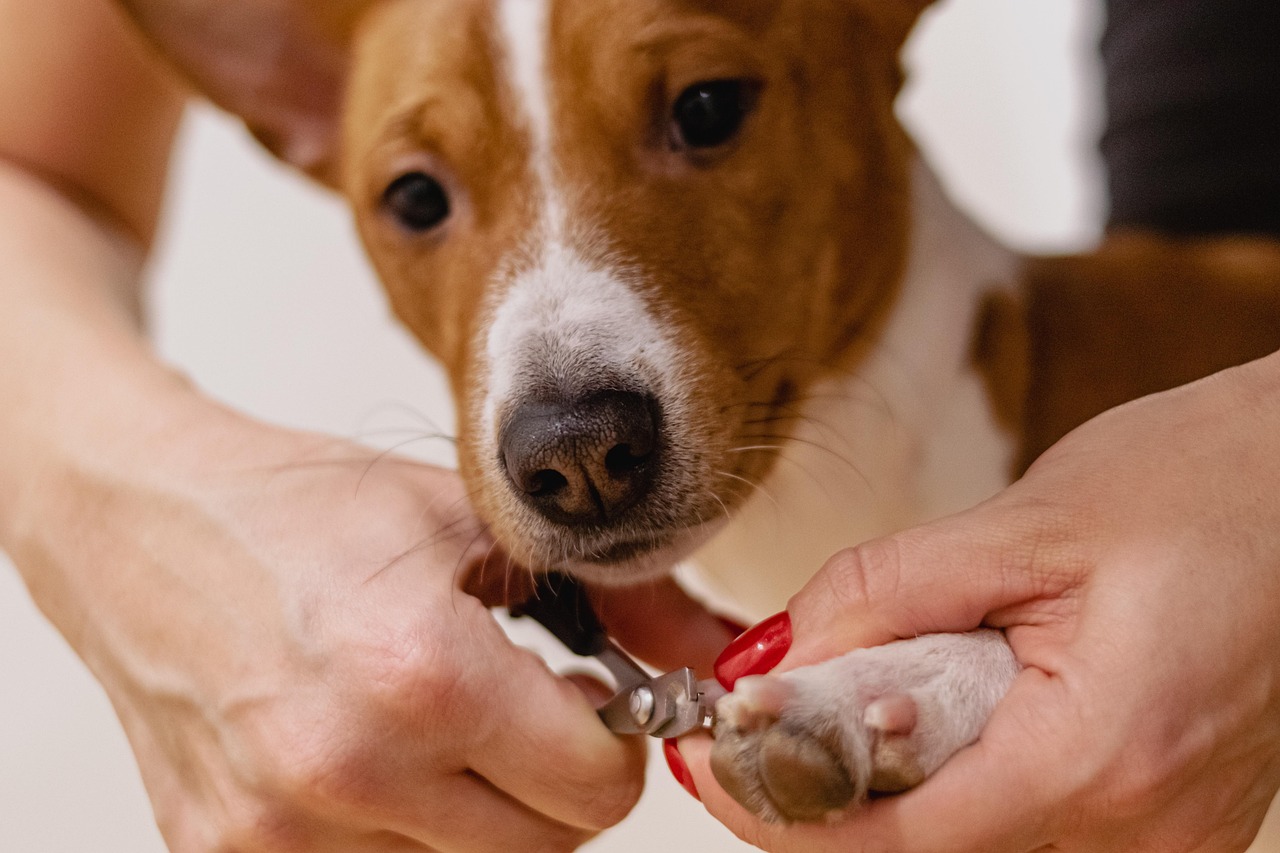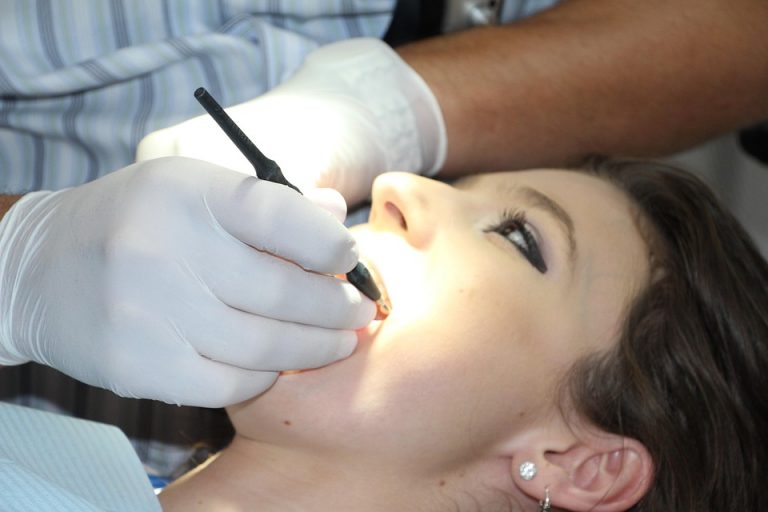Natural pet care means choosing gentle, effective routines and products that support your animal’s health without unnecessary chemicals or filler. It’s about feeding real food, using simple grooming practices, and building predictable habits that keep your pet vibrant. You want your companion to live longer, feel better, and radiate the kind of health that turns heads at the dog park. That’s why this matters.
Contents
- Natural Pet Care Basics
- Bottom Line
- FAQ
Natural Pet Care Basics
Natural pet care isn’t a trend. It’s careful, evidence-informed choices you make every day. Think whole ingredients, mindful movement, and fewer synthetic additives. Studies from veterinary nutrition centers and university research show that diet and lifestyle changes can reduce chronic inflammation and improve mobility, especially in aging animals.
If you’re tired of confusing labels, start simple: real food, safe oils, honest products, and consistent routines. That’s the backbone of natural pet care. I’ll give you seven practical, no-nonsense tips that you can implement this week.
1. Feed Whole, Real Foods First
Food is the most powerful medicine you give. Swap ultra-processed kibble for whole-food-rich formulas when you can, or add fresh, cooked ingredients to your pet’s bowl. Lean proteins, pumpkin or sweet potato, and plain cooked vegetables give nutrients without additives.
Look for diets guided by veterinary nutritionists or based on university research. Tufts Cummings School of Veterinary Medicine and other reputable programs offer guidance on balanced homemade meals. If you go homemade, work with a vet or a veterinary nutritionist — an unbalanced diet can do harm.
Small steps matter: mix a scoop of plain canned salmon or a spoon of cooked pumpkin into their meal a few times a week. Your pet will taste the difference, and you’ll see the energy and coat respond.
2. Use Natural Supplements Wisely
Supplements can fill nutrient gaps and support joint, skin, and digestive health. Omega-3 fish oil reduces inflammation and supports a glossy coat. Probiotics stabilize gut flora and can calm sensitive stomachs.
Choose brands that publish third-party testing and ingredient transparency. The American Veterinary Medical Association highlights the importance of proven dosages and safety. Talk with your veterinarian before starting supplements and look for clinical evidence or peer-reviewed research supporting the product.
Start low and observe. Give a new supplement for 4–8 weeks before judging results, and keep a simple log of changes in appetite, stool, coat, and behavior.
3. Make Grooming Gentle And Functional
Grooming is health care disguised as affection. Regular brushing removes dead hair, spreads natural oils, and prevents mats that can harbor bacteria. Use shampoos with short ingredient lists — look for natural surfactants and avoid added fragrances and artificial colors.
For flea and tick prevention, consider non-toxic options like environmental control, diatomaceous earth for outdoor areas, or veterinarian-approved topical solutions with minimal synthetic additives. A study in veterinary parasitology suggests integrated pest management reduces chemical exposure while controlling infestation.
Trim nails, check ears, and clean teeth. Simple, consistent grooming reduces infections and vet visits. Do it calmly and pair it with treats and love — grooming should feel like a reward, not a chore.
4. Prioritize Movement And Mental Stimulation
Exercise keeps joints supple and minds sharp. Natural pet care treats movement as daily medicine. Short, frequent walks, supervised off-leash play, and interactive toys meet physical and cognitive needs.
Rotate games: scent-work puzzles one day, a brisk walk the next, and gentle swimming once a week if your pet enjoys water. Studies from veterinary behaviorists show that mental enrichment reduces anxiety-driven behaviors and stress-related illnesses.
If mobility is an issue, low-impact exercises like walking on soft grass, hydrotherapy, or controlled stair work can preserve muscle mass and joint health. Ask a vet or physiotherapist for a tailored plan.
5. Clean Living Spaces Naturally
Your home is part of the health equation. Harsh household cleaners leave residues that irritate skin and lungs. Replace them with pet-safe cleaners: vinegar diluted with water for floors, enzyme-based cleaners for accidents, and baking soda to neutralize odors.
Wash bedding weekly in hot water and vacuum with a HEPA filter. Keep humidity in check and avoid heavy perfumes or aerosolized air fresheners. The Humane Society and other animal health organizations emphasize that a clean home reduces parasites and allergies.
A cleaner environment means fewer vet treatments, better breathing, and a calmer pet.
6. Build A Preventative Health Routine
Prevention beats emergency care. Keep vaccinations, parasite control, and dental care on schedule. Regular weight checks and body-condition scoring prevent obesity, a leading cause of chronic disease.
Establish a simple at-home health check. Once weekly, look for lumps, check gum color, feel for joint swelling, and track stool consistency. When something’s off, call your vet early — small issues escalate when ignored.
Veterinary guidelines from hospital systems recommend an annual exam at minimum, with more frequent checks for seniors or animals with chronic conditions. Prevention is the most natural approach to long-term wellness.
7. Trust Your Instincts And Build A Support Team
You know your pet like no one else. Natural pet care honors that intuition. If your dog stops eating or your cat hides more than usual, your instincts are the first alert.
Build a team: a trusted primary veterinarian, a veterinary behaviorist or nutritionist for complex needs, and a groomer or trainer who uses gentle methods. Lean on community resources like local animal shelters and university extension programs for education.
When experts agree with your gut, you’ll feel validated. When they don’t, you’ll have guidance. That balance creates confident, effective care.
Everyday Habits That Amplify Natural Pet Care
Small routines compound into real health. Feed at regular times, provide fresh water in a stable location, and keep a predictable sleep routine. Animals thrive on rhythm.
Rotate treats with functional benefits: dental chews after meals or freeze-dried liver as training rewards. Swap heavy, sugary treats for fresh veggies when appropriate. Keep training positive and brief — five minutes of focused learning beats an hour of random reinforcement.
Document changes. A short weekly note on energy, appetite, bathroom habits, and mood makes veterinary visits precise and faster. It’s the clearest way to see progress and catch early warning signs.
Evidence And Expert Voices
I don’t ask you to take my word alone. Research from veterinary schools, peer-reviewed journals, and organizations like the American Veterinary Medical Association supports many natural approaches: the benefits of omega-3s for inflammation, the role of microbiome-friendly diets in digestive health, and the effectiveness of environmental measures in parasite control.
For example, studies published on PubMed and university veterinary clinics show measurable improvements in mobility and coat condition with diet and targeted supplements. When you combine expert-backed nutrition, sensible supplementation, and clean environmental habits, outcomes improve.
Bottom Line
Natural pet care is deliberate, simple, and kind. It’s about feeding well, moving often, grooming gently, cleaning smart, preventing problems, and trusting your instincts. You don’t need perfection — you need consistent, informed choices. Start with one swap this week: a whole-food topper, a short grooming session, or an environmental cleanse. Watch how small, steady changes transform your pet’s energy, coat, and comfort.
Your pet will thank you with long naps in the sun, a shiny coat, and the kind of contented sigh that tells you you’re doing it right. Keep going.
FAQ
FAQ
How Do I Start Natural Pet Care Without Breaking The Bank?
Start with inexpensive swaps: add plain cooked veggies, switch to a short-ingredient shampoo, and establish a daily walk. Gradual changes spread costs and reduce stress for your pet. Look for community resources and vet clinic discounts for preventive services.
Are Natural Flea And Tick Methods Effective?
Integrated methods can work: yard maintenance, regular grooming, and environmental treatments reduce pressure. For heavy infestations, veterinarian-approved products are necessary. Combine strategies and consult your vet for a balanced plan.
Can I Make My Pet’s Food At Home Safely?
Yes, with professional guidance. Homemade diets must be balanced for vitamins, minerals, and amino acids. Work with a veterinary nutritionist or use formulas developed by university programs to avoid deficiencies.
How Quickly Will Natural Changes Show Results?
Some improvements, like skin and coat shine, can appear in weeks. Joint and mobility changes may take months. Keep a simple log and give interventions at least 4–8 weeks to show effects, unless symptoms warrant immediate vet attention.
Where Can I Find Trustworthy Information?
Look for university veterinary programs, major veterinary associations, and peer-reviewed journals. These sources prioritize evidence over marketing claims and give practical, reliable guidance.
References
American Veterinary Medical Association provides guidance on nutrition and supplements and is a reputable source for veterinary recommendations (http://www.avma.org).
Tufts Cummings School of Veterinary Medicine offers research and resources on pet nutrition and health and practical feeding advice (http://vetnutrition.tufts.edu).
PubMed central and the U.S. National Library of Medicine hosts peer-reviewed research on veterinary nutrition and supplement trials (http://www.ncbi.nlm.nih.gov/pubmed).
Centers for Disease Control and Prevention discusses parasite prevention and zoonotic disease control relevant to pets and people (http://www.cdc.gov/healthypets).
Humane Society of the United States provides practical tips on cleaning, grooming, and everyday care for healthy pets (http://www.humanesociety.org).
Bold choices, steady habits, and trusted experts — that’s the recipe. Keep loving them, keep learning, and enjoy the simple, powerful rewards of natural pet care.








